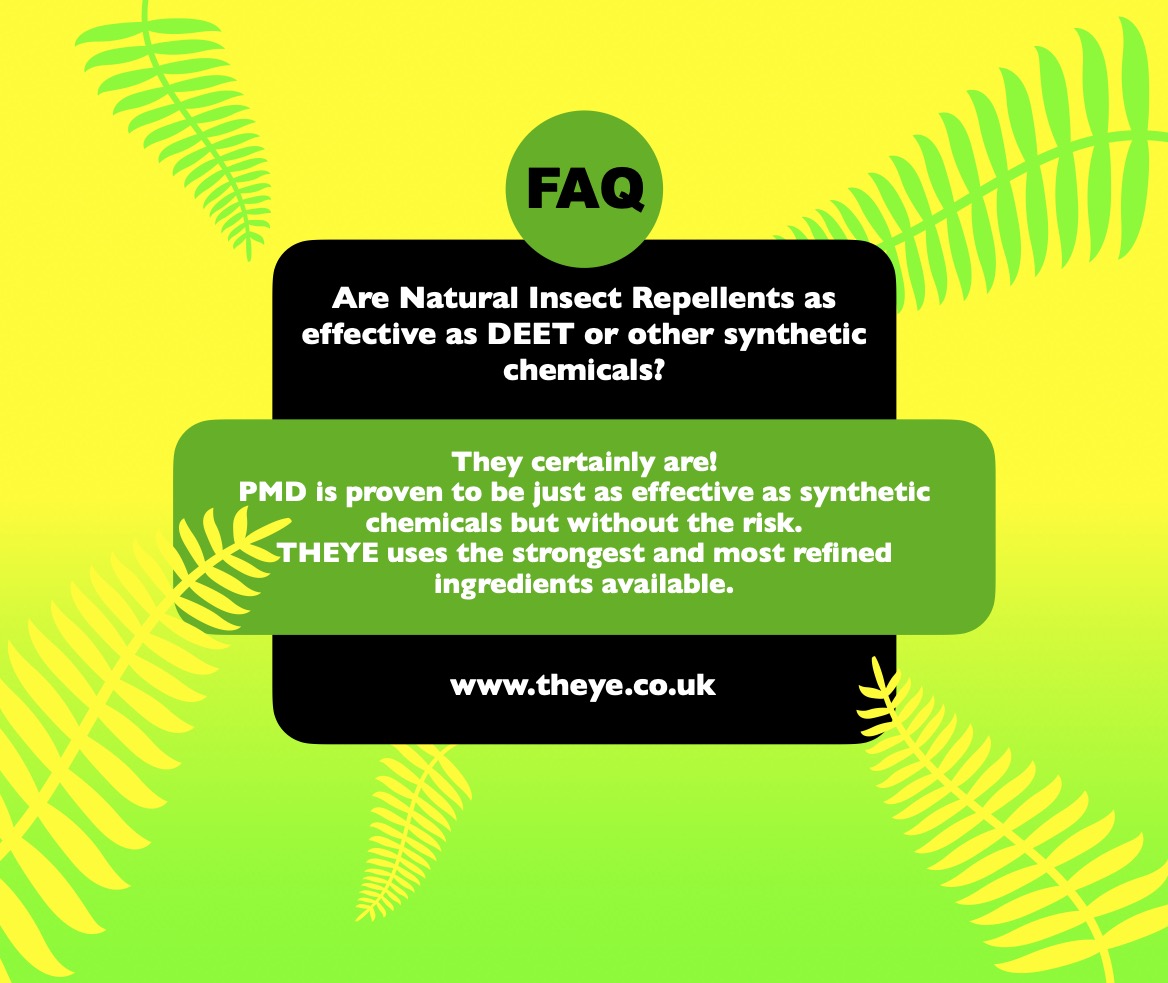
Embracing Nature: PMD Insect Repellent - Effective, Safe, and Sustainable
In the realm of outdoor activities, whether it's hiking through lush forests, camping under starlit skies, or simply enjoying a barbecue with your family, pesky insects can quickly turn a pleasant experience into an itchy nightmare. For decades, synthetic chemical insect repellents have been the go-to solution, offering protection against mosquitoes, ticks, and other bothersome bugs. However, concerns about their potential side effects on human health and the environment have prompted a shift towards more natural alternatives. One such alternative gaining traction is PMD insect repellent, derived from the oil Java Citronella creating the most powerful natural repellent available Citrepel75.
What is PMD?
PMD, or p-menthane-3,8-diol, is a natural compound found in the oil Java Citronella. It has been scientifically proven to effectively repel a wide range of insects, including mosquitoes, ticks, and biting flies. Unlike synthetic chemicals such as DEET, IR3535 and permethrin, PMD is derived from renewable plant sources, making it an effective & sustainable choice for insect protection.
Effectiveness of PMD:
Numerous studies have demonstrated the efficacy of PMD in repelling insects. Recognising PMD as an effective alternative to DEET for repelling mosquitoes, including those that may transmit diseases like Zika, dengue, and West Nile virus. Additionally, research has shown that PMD can provide protection comparable to synthetic chemicals, with some studies suggesting it may even outperform them in certain scenarios.
Safety Profile:
One of the most significant advantages of PMD insect repellent is its excellent safety profile. Unlike synthetic chemicals, PMD is derived from natural sources and does not pose the same risks to human health and the environment. DEET, for example, has been associated with skin irritation, allergic reactions, and even neurological effects when used in high concentrations or over prolonged periods. In contrast, PMD is generally well-tolerated and does not cause adverse reactions in most individuals, even those with sensitive skin.
Furthermore, PMD does not have the same environmental impact as synthetic chemicals. It breaks down quickly in the environment and is not known to accumulate in soil or water sources. This makes it a more environmentally friendly option for outdoor enthusiasts who wish to minimize their ecological footprint.
Embracing Sustainability:
In addition to its effectiveness and safety, PMD insect repellent aligns with the growing demand for sustainable and eco-friendly products. As consumers become more conscious of the environmental impact of their purchasing decisions, there is a greater emphasis on choosing products that are derived from renewable resources and produced using environmentally responsible practices. PMD ticks all these boxes, offering a sustainable alternative to synthetic insect repellents without compromising on performance.
Final Thoughts:
In conclusion, PMD insect repellent offers a compelling alternative to synthetic chemicals for those seeking effective, safe, and sustainable protection against insects. With its proven efficacy, excellent safety profile, and minimal environmental impact, PMD is a natural choice for outdoor enthusiasts looking to enjoy nature without the nuisance of pesky bugs. By embracing PMD, we can protect ourselves from insect bites while also protecting the planet for future generations.
